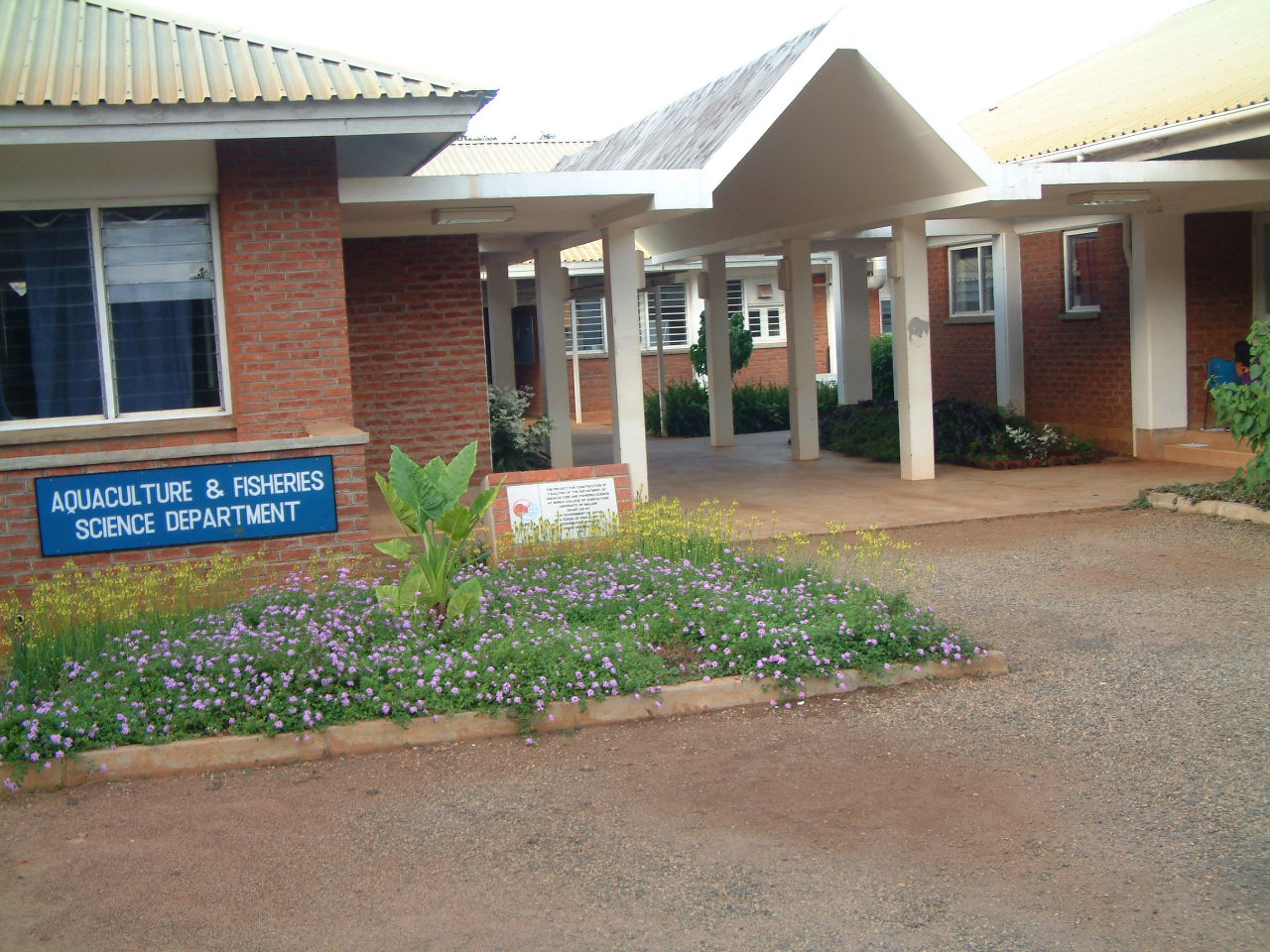Malawi’s Ministry of Finance and World Bank Wednesday signed an initial US125 million agreement that is set to boost sustainable social, economic and environmental benefits for 430, 000 people in 86, 000 households located close to natural forests and wetlands to be managed under the Shire River Basin Management Program. The Shire River Basin Management Program is a 15 year program budgeted at a nominal envelop of US$400m which will include contribution from the Malawi government.
The multi sectoral program, to be spearheaded by the Ministry of Water Development and Irrigation also intends to benefit urban households, companies and public agencies in the city of Blantyre with access to electricity through reduced downtime of the hydropower stations on the Shire River as well as access to drinking water taped from Malawi’s longest and largest river.
Minister of Water Development and Irrigation, Richie Muheya said funding for the first phase of the program will be injected by the World Bank, the Global Environmental Facility (GEF) who will contribute UD$5, 078, 000 and the Least Developed Countries Fund (LDCF) which will pump in US$1, 500, 000. “The first phase aims at having a Shire River Basin planning framework developed so as to improve land and water resources management in order to realize ecosystem and livelihood benefits for 430, 000 people in the middle and lower shire,” he said. The World Bank agreement is an Adaptable Program Loan instrument while the GEF and LDCF are grants. The GEF is from Malawi’s GEF STAR allocation and Sustainable Forest Management incentive.
The Minister said the phase will work at strengthening institutional capacities and mechanisms for Shire River Basin monitoring, planning and management as well as invest in water related infrastructure, reduce erosion in priority catchment areas, improve flood management and protect and enhance ecological services in the Basin.
The Lake Malawi – Shire River hydrological system represents Malawi’s single most important natural resource system, providing water for hydropower, agriculture, fisheries, transport, tourism, urban and rural water supply in addition to environmental functions such as supporting high levels of biodiversity across an expansive floodplain wetland. About 85 per cent of Malawi’s 13.5 million population live in rural areas with the majority engaged in smallholder, red-fed agriculture. However, while agriculture is the main source of the southern African nation’s economic growth, about 40 per cent and over 90 per cent of total export earnings, the high level of subsistence farming is a major contributor to poverty with 52 per cent of the population living below the poverty line.
Over 70 per cent of all farmers cultivate less than one hectare and a significant number struggle to produce enough to meet their consumption requirements. Only eight per cent of the population has access to electricity. Of these thirty per cent are in the urban areas and less than one per cent in the rural. Given the economic and social importance of the Shire River Basin for national growth and development, and considering that decisions on the development of the water resources of the Shire have been on an ad hoc and uncoordinated basis as exemplified by investments in river regulation, power generation, urban industrial water supply, the Shire-Zambezi water project, management of ecological reserves, government has found it necessary to address the root causes of the deteriorating environmental and natural resource base in the basin in order to ensure sustainable growth and poverty reduction.
The Shire River Basin Management Program fits into the country’s development blueprint, the Malawi Growth and Development Strategy, which aims to stimulate economic and development including a series of Shire River Basin’s large scale infrastructure such as irrigation, hydropower plants, restoration of transport links, flood mitigation works and mining. It is hoped that such investments will curb long term and cumulative adverse environmental, social, and economic impacts if the interlinked challenges of increasing population pressure on a degraded natural resource base, declining agricultural yields, rapid urbanization, unreformed land ownership and weak institutional capacity to promote sustainable land and water management, are not addressed in an integrated, multi sectoral fashion.
Muheya said that between July 2011 and August 2012 the program received US$1, 500, 000 project preparation advance (PPA) from the World Bank which was used to among other things prepare project environmental and social assessment including an environmental and social management framework, resettlement policy framework, process framework and surveys to assess adequacy of water in the Shire River to sustain development activities including hydropower generation and irrigation activities.



.jpeg&w=60&q=100&h=60)








